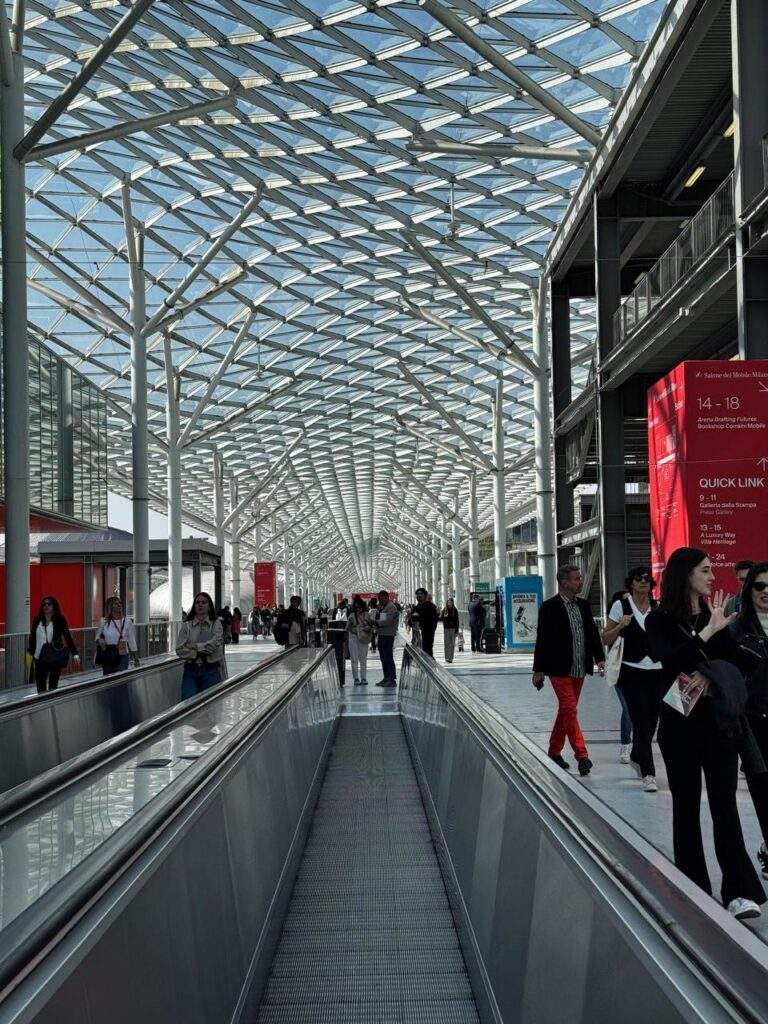New York-based art collective MSCHF has once again pushed the boundaries of creativity with their latest project – a “Frankenstein” handbag created through a global game of design “telephone”. This unconventional approach involved sending vague instructions and reference images to four leather-working factories across the globe, resulting in a unique and unexpected final design.
Unveiling the Creative Process
In a bold move to “protagonize” the factories involved, MSCHF embarked on a mission to showcase the hidden creative labor within these manufacturing facilities. By relinquishing control and allowing the factories to interpret the instructions, the project aimed to highlight the ingenuity and problem-solving abilities of these often overlooked entities.
From Concept to Creation
The design process began with a simple prompt: “knock off a Birkin bag.” This intentionally vague instruction was sent to a factory in Peru, initiating the chain reaction of creative decisions. As the design evolved, subsequent factories in Portugal, India, and China were tasked with adjusting the design based on references to iconic designer bags such as the Celine Luggage Bag and the Balenciaga Hourglass Handbag.
Embracing Imperfection
At each stage of the process, MSCHF deliberately left gaps in the instructions, allowing the factories to fill in the blanks and contribute their own creative input. The result? A one-of-a-kind handbag with a sharp-cornered, curved bottom, twisted handle, and distinctive curved silhouette – a true testament to the collaborative nature of the project.
Highlighting Global Supply Chains
Beyond the creation of a unique fashion accessory, the project aimed to shed light on the interconnectedness of global supply chains. By traversing continents and engaging factories from diverse cultural backgrounds, MSCHF underscored the shared tools and resources that underpin modern manufacturing processes.
Challenging Consumerism and Trademarks
MSCHF’s unconventional approach to design is not without controversy. The collective’s exploration of consumerism and trademark infringement has sparked legal battles, as seen with their “Satan Shoe” collaboration with Nike. Despite these challenges, MSCHF continues to provoke thought and challenge the status quo through their boundary-pushing projects.
A Triumph of Collaboration and Creativity
The “Frankenstein” handbag project exemplifies MSCHF’s commitment to redefining traditional notions of design and manufacturing. By embracing collaboration, relinquishing control, and celebrating the creative contributions of factories around the world, MSCHF has once again demonstrated the transformative power of art and innovation.
Reflecting on the Impact
As consumers, designers, and manufacturers alike reflect on the implications of the “Frankenstein” handbag project, important questions arise about the nature of creativity, authorship, and authenticity in the modern world. MSCHF’s disruptive approach challenges us to reconsider our preconceived notions and invites us to engage in a dialogue about the evolving role of art and design in society.
Looking Ahead
As MSCHF continues to push the boundaries of creativity, it remains to be seen what groundbreaking projects lie ahead. One thing is certain – the collective’s fearless exploration of art, culture, and commerce will continue to captivate and inspire audiences around the world. Whether through provocative fashion statements or thought-provoking installations, MSCHF remains at the forefront of contemporary art and design.
Finally, find out more on ArchUp:










